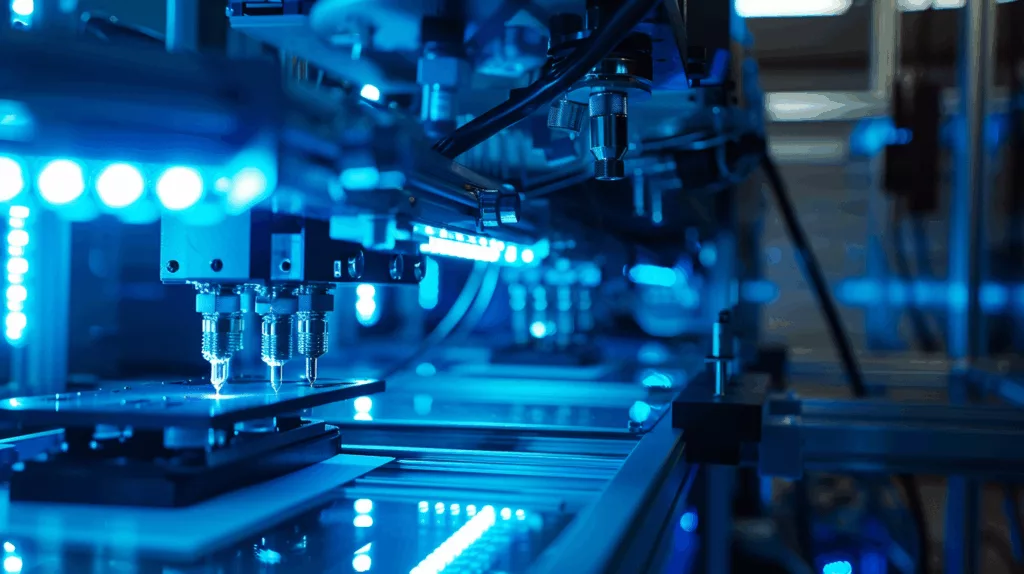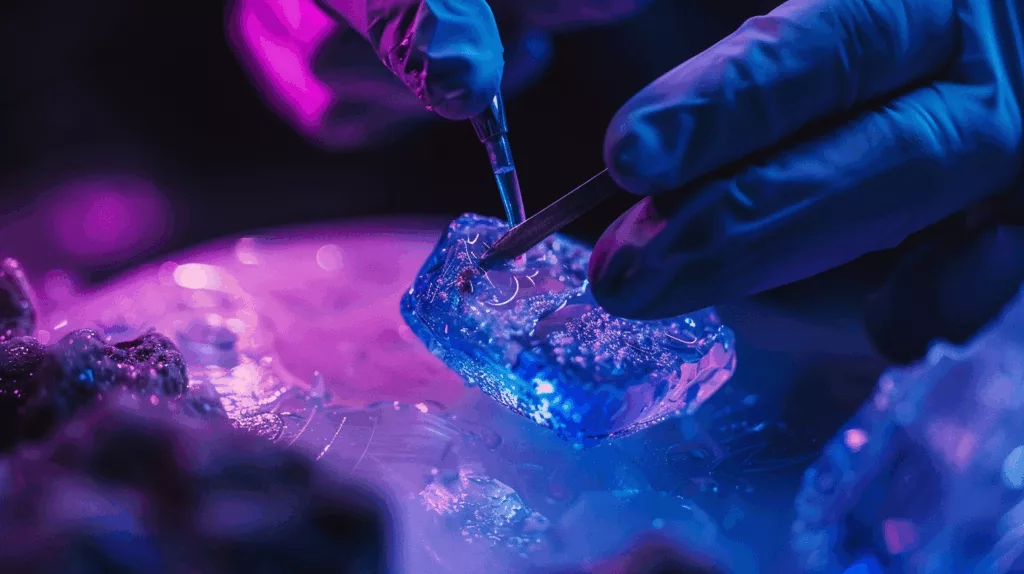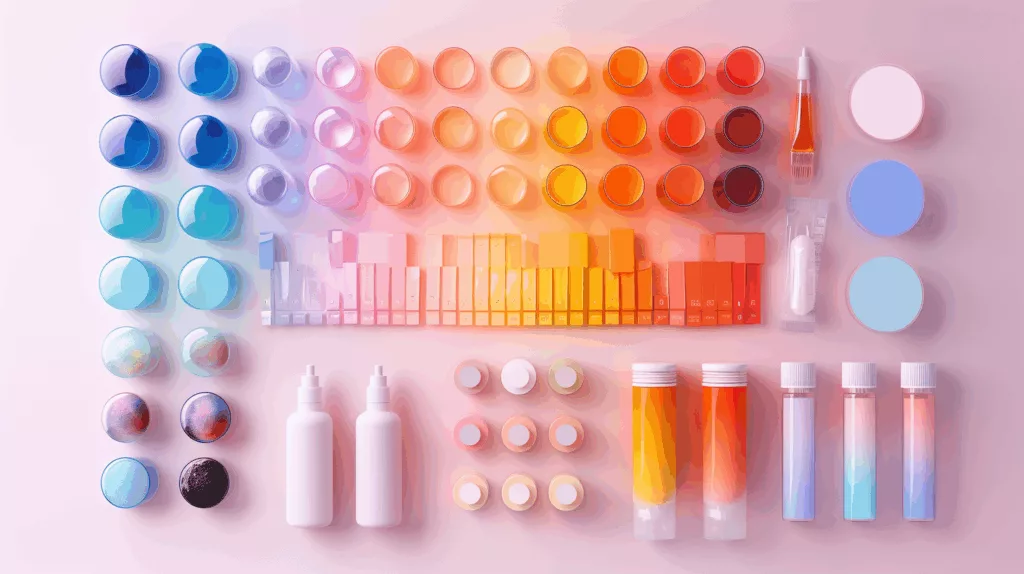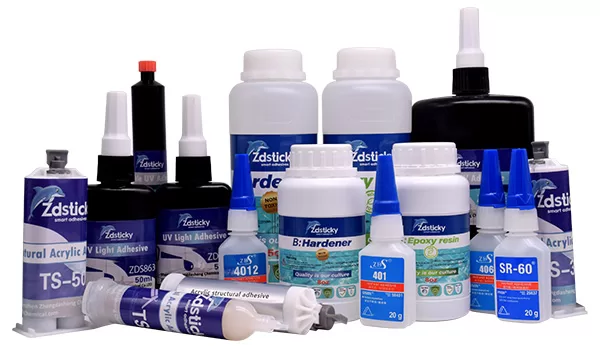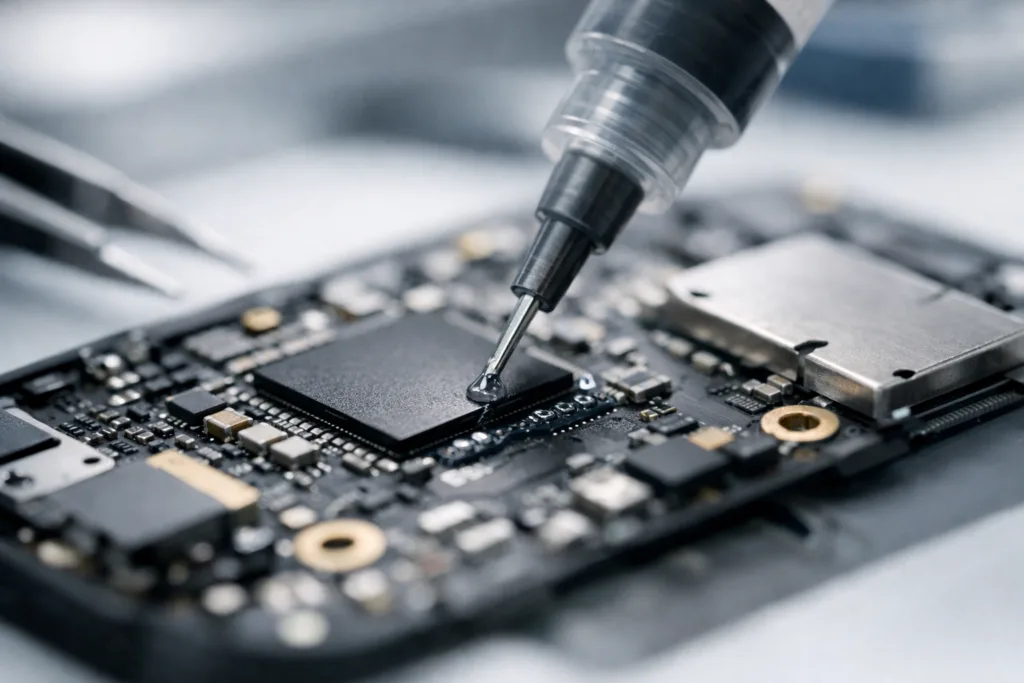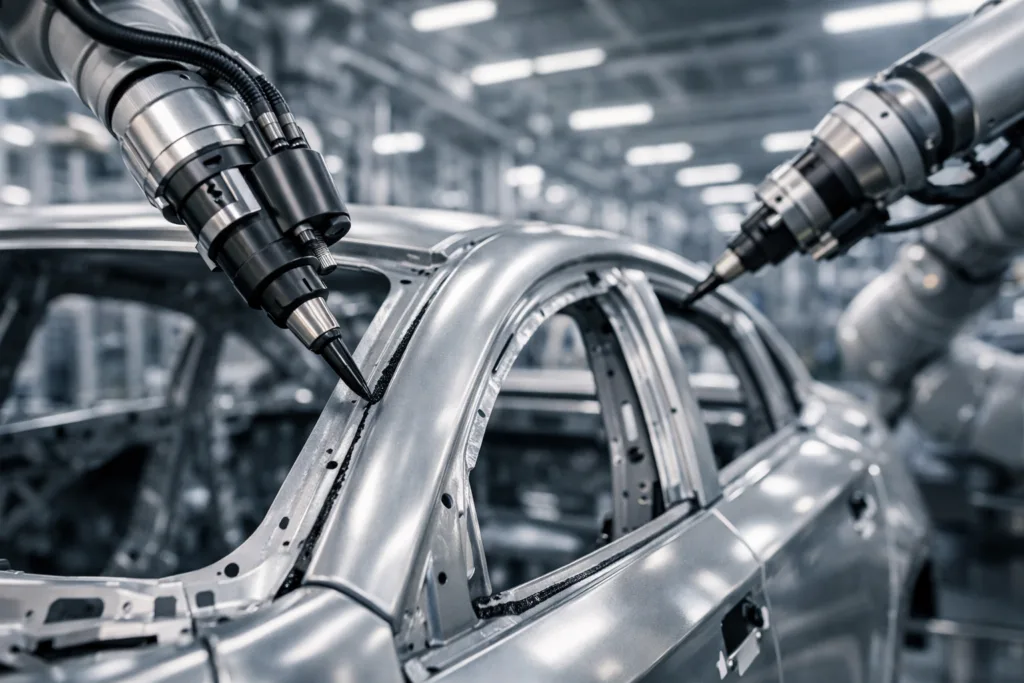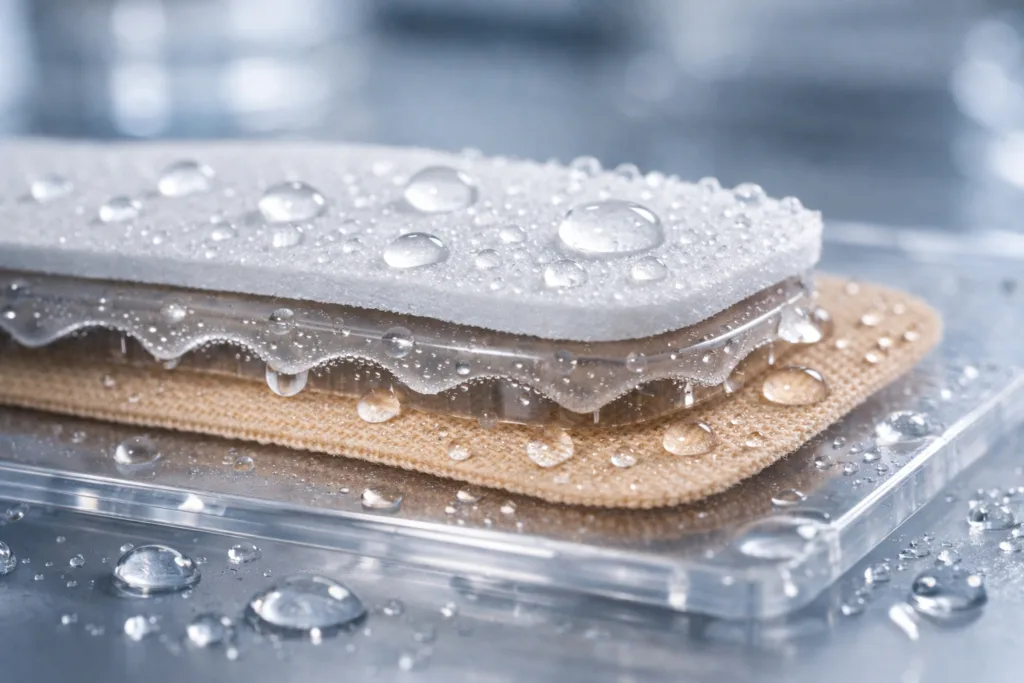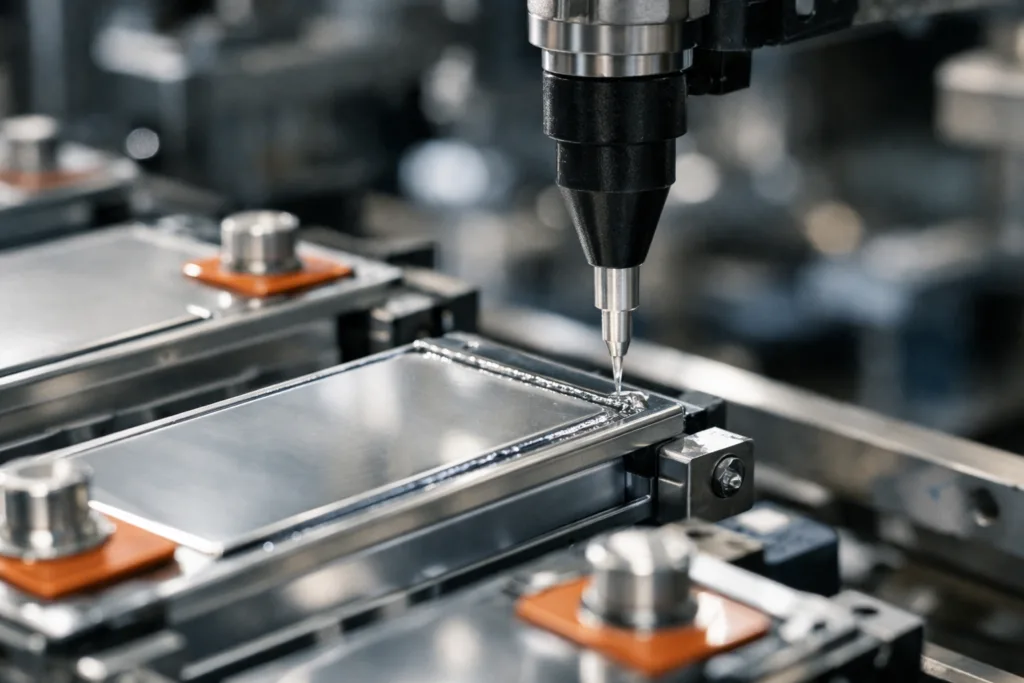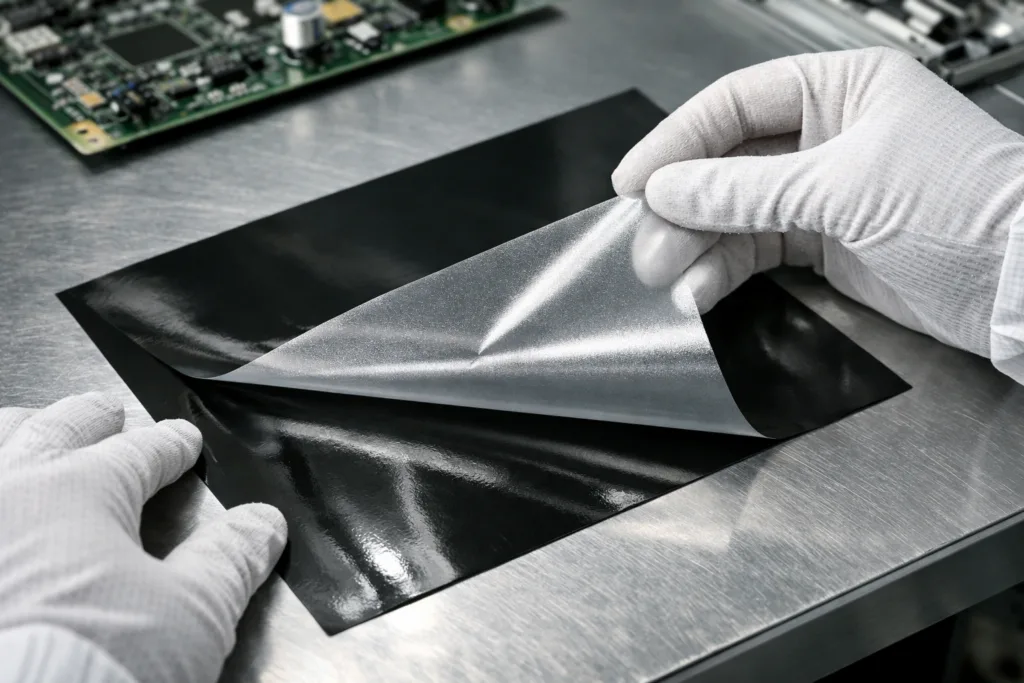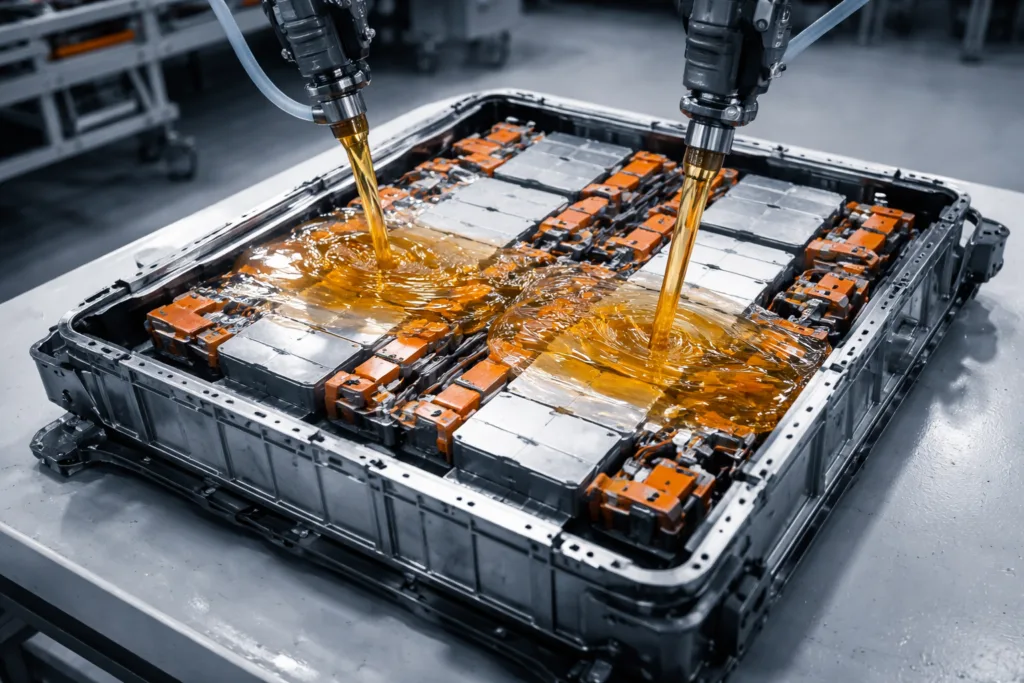Choosing the right light-curable adhesive can significantly impact the durability, precision, and success of your project. Whether you’re working in electronics, medical devices, or general industrial assembly, understanding the differences between UV cure epoxy and UV cure resin is essential.
ZDS™ is a trusted adhesive manufacturer providing innovative bonding solutions, including cutting-edge UV-curable products tailored for high-performance applications. In this guide, we’ll explore the major differences between UV cure epoxy and UV resin, their individual strengths, and the best use cases for each.
What Are UV-Curable Adhesives?
UV-curable adhesives are materials that harden when exposed to ultraviolet light. These adhesives are favored for their fast curing times, minimal VOC emissions, and precision application. Both UV cure epoxy and UV resin fall into this category, but their chemical compositions and performance characteristics vary significantly.
UV Cure Epoxy: Strength and Stability
Composition & Properties
UV cure epoxy consists of a two-component system that solidifies under UV light exposure. It offers:
- High mechanical strength
- Excellent chemical and temperature resistance
- Strong adhesion to a variety of substrates (glass, metal, plastic)
Advantages
- High bond strength: Ideal for structural applications
- Thermal endurance: Withstands elevated temperatures
- Dimensional stability: Maintains form even under stress
Common Applications
- Microelectronics assembly
- Fiber optic components
- Automotive sensor bonding
- Aerospace and defense applications
UV cure epoxy is the go-to solution for demanding environments requiring high-performance UV cured bonding.
UV Cure Resin: Speed and Flexibility
Composition & Properties
UV cure resin is typically a single-component, low-viscosity adhesive that cures quickly under UV light. It’s generally more flexible and easier to apply than epoxy.
Advantages
- Fast cure times: Often cures within seconds
- High clarity: Excellent for decorative or transparent applications
- Ease of use: Requires no mixing or complicated equipment
Common Applications
- Jewelry and art crafts
- Coating small parts
- 3D printing post-processing
- Cosmetic packaging sealing
While not as strong as epoxy, UV resin applications excel in low-stress, visual, or aesthetic use cases.
UV Cure Epoxy vs UV Resin: Key Differences
| Feature | UV Cure Epoxy | UV Cure Resin |
|---|---|---|
| Strength | High | Moderate |
| Cure Speed | Moderate to fast | Very fast |
| Viscosity | Higher (can be thixotropic) | Low |
| Flexibility | Rigid when cured | More flexible |
| Application Type | Structural, industrial | Decorative, light-duty |
| Resistance to Heat/Chemical | Excellent | Moderate |
How to Choose the Right UV Adhesive
Consider Your Substrate
If bonding dissimilar materials (like glass to metal), UV cure epoxy provides better adhesion and durability. For non-load-bearing applications on plastics or decorative surfaces, UV resin may be sufficient.
Evaluate Environmental Exposure
In environments with high heat or chemicals, UV cure epoxy offers greater longevity. UV resin is ideal when exposure is limited or controlled.
Think About Application Method
Need rapid production speed or intricate detail? Go with UV resin. For structural integrity or mission-critical parts, epoxy is the superior choice.
FAQs
What’s the shelf life of UV adhesives?
Both UV resin and epoxy generally have a shelf life of 6–12 months when stored properly in cool, dark environments.
Can UV epoxy and resin be used interchangeably?
Not recommended. Epoxy and resin serve different functions. Substituting one for the other could result in weak bonding or premature failure.
Is UV curing safe for all materials?
Most common materials are compatible with UV adhesives, but sensitive substrates may require testing to ensure no discoloration or degradation.
Final Thoughts: Choosing the Best Light-Curable Adhesive
Understanding the core differences between UV cure epoxy and UV resin is key to optimizing performance in your application. While both are valuable tools in the adhesive toolkit, their specific strengths cater to different industries and needs.
When performance, reliability, and long-term durability matter, ZDS™ offers expertly engineered UV adhesive solutions that meet the highest standards in electronics, medical, and industrial manufacturing.
Need help choosing the right UV adhesive? Contact ZDS™ today to explore custom bonding solutions.

